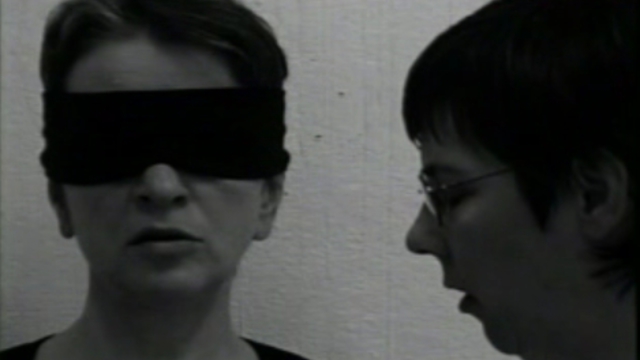Cartography of Excess
Utopian ideas - like "Spaceship Earth" - are round, multidimensional, interrelated: their archetypal map is the Milky Way, the infinite constellations. But rational thinking is instrumental, linear, it distorts: and that's exactly the problem with the Mercator map, the most common world projection. Buckminster Fuller, inventor of the geodesic dome, created a "Dymaxion map" to undo those distortions. First the earth becomes a geometric figure, an isocahedron: its 20 triangles are then disjointed and laid flat, so the land masses radiate from a nexus in the north, without splitting continents or enlarging the polar regions.

